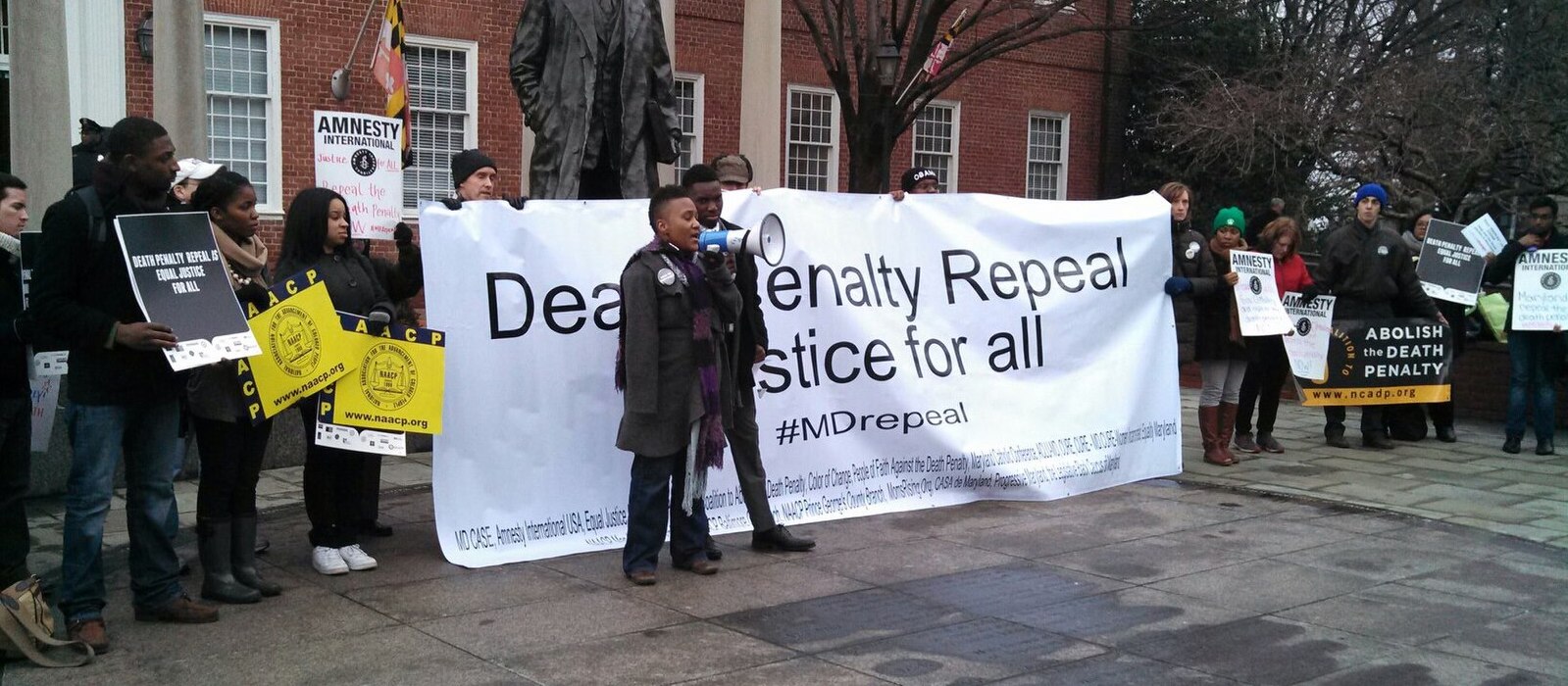 Indonesia repatriated two Dutch nationals, one of whom had been on death row, to the Netherlands on Dec. 8, following a bilateral agreement signed between the two countries. Both were convicted of smuggling illegal substances and had been serving lengthy sentences under the Indonesian drug laws before their repatriation.
Indonesia repatriated two Dutch nationals, one of whom had been on death row, to the Netherlands on Dec. 8, following a bilateral agreement signed between the two countries. Both were convicted of smuggling illegal substances and had been serving lengthy sentences under the Indonesian drug laws before their repatriation.

 Global executions rose dramatically in 2024, reaching 1,518 recorded deaths across 15 countries—the highest figure since 2015—Amnesty International said April 8 as it released its
Global executions rose dramatically in 2024, reaching 1,518 recorded deaths across 15 countries—the highest figure since 2015—Amnesty International said April 8 as it released its  The cannabis industry is globalizing fast, which means changes for mainstays of commercial production in Europe and North America, and new players coming on line from regions such as the Middle East, Southeast Asia and Central America. Here’s a brief overview of a few entries from these categories.
The cannabis industry is globalizing fast, which means changes for mainstays of commercial production in Europe and North America, and new players coming on line from regions such as the Middle East, Southeast Asia and Central America. Here’s a brief overview of a few entries from these categories.





Recent comments
2 weeks 1 day ago
2 weeks 1 day ago
5 weeks 2 days ago
6 weeks 1 day ago
10 weeks 1 day ago
14 weeks 2 hours ago
18 weeks 7 hours ago
18 weeks 5 days ago
28 weeks 5 days ago
32 weeks 6 days ago